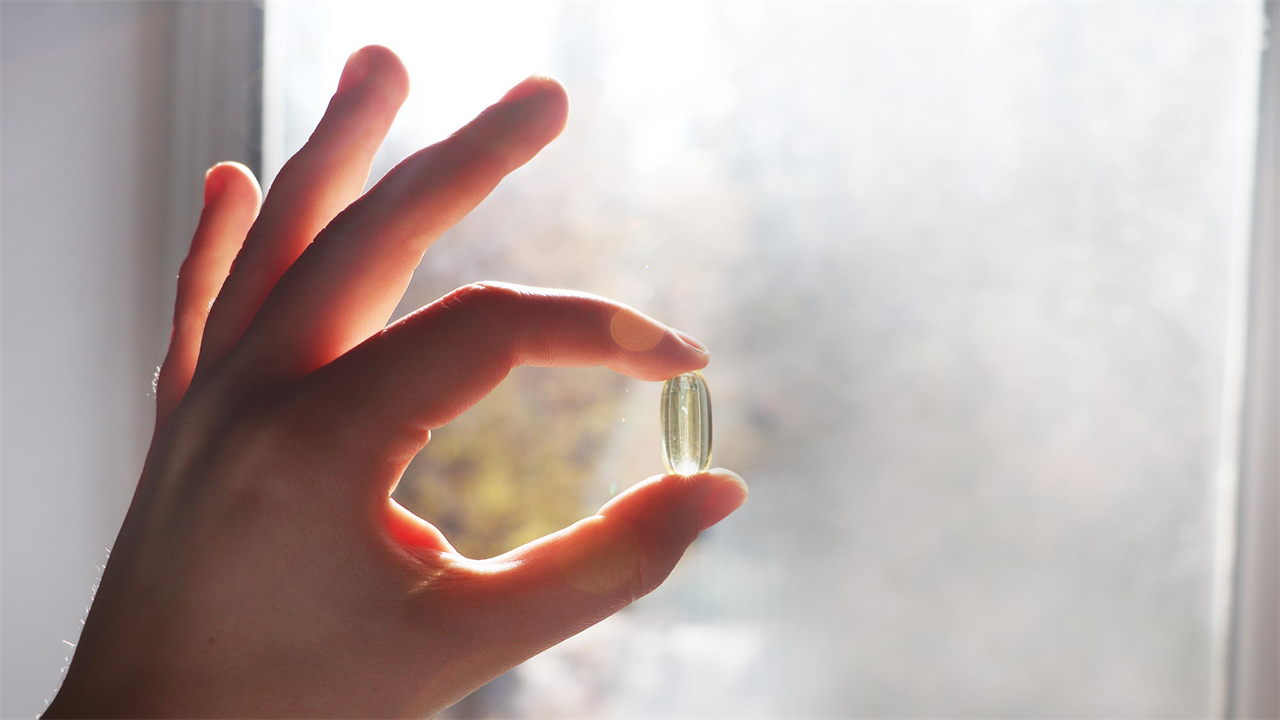More Evidence That Vitamin D Protects Against Severe COVID-19 Disease and Death
0 View
Share this Video
- Publish Date:
- 2 October, 2021
- Category:
- Covid
- Video License
- Standard License
- Imported From:
- Youtube
Tags

People get vitamin D from sun exposure, foods (such as oily fish), and supplements.
New research from Trinity College Dublin and the University of Edinburgh has examined the link between vitamin D and COVID-19 and found that environmental ultraviolet B (UVB) radiation (which is essential for the production of vitamin D in the skin) in the A person’s residence in the weeks before the COVID-19 infection was highly protective against serious illness and death. The article was published in the journal Scientific Reports on September 14, 2021.
Previous studies have linked vitamin D deficiency with an increased susceptibility to viral and bacterial respiratory infections. Similarly, several observational studies have found a strong correlation between vitamin D deficiency and COVID-19, but it may be that these effects are confounded and in fact result from other factors such as obesity, older age or chronic illness that are also related. with low vitamin D.
To overcome this, researchers were able to calculate “genetically predicted” vitamin D levels, which are not disrupted by other demographic, health and lifestyle factors, by using the information from more than a hundred genes that determine vitamin D status.
The Mendelian Randomization is a specific analytical approach that allowed researchers to investigate whether vitamin D and COVID-19 could be causally related using genetic data. Few previous studies have attempted this, but failed to demonstrate a causal relationship. This may be because UVB radiation, sunshine, the main source of vitamin D for most people, was ignored.
Researchers together for the first time looked at genetically predicted and UVB-predicted vitamin D levels. Nearly half a million individuals in the UK participated in the study and environmental UVB radiation before COVID-19 infection was assessed individually for each participant. When comparing the two variables, researchers found that the correlation with measured blood circulation vitamin D concentration was three times stronger for UVB-predicted vitamin D level, compared to genetically predicted.
Researchers found that environmental UVB radiation at a person’s residence prior to COVID-19 infection was strongly and inversely associated with hospitalization and death. This suggests that vitamin D may protect against severe COVID-19 illness and death. In addition, although the results of the Mendelian Randomization Analysis were inconclusive, some indication of a possible causal effect was noted. Due to the relatively weak association between the genetically predicted vitamin D content used for the Mendelian Randomization Analysis, it is possible that the number of cases in the current study was too small to conclusively establish the causative effect, but future larger studies could provide the answer.
Professor Lina Zgaga, Associate Professor of Epidemiology, School of Medicine, Trinity College and senior investigator of the study said:
“Our study adds further evidence that vitamin D could protect against severe COVID-19 infection. Conducting a well-designed COVID-19 randomized controlled trial of vitamin D supplementation is critical. Until then, since vitamin D supplements are safe and cheap, it is certainly advisable to take supplements and protect against vitamin D deficiency, especially with winter approaching.”
Professor Evropi Theodoratou, Professor of Cancer Epidemiology and Global Health, University of Edinburgh and senior investigator of the study said:
“Given the lack of highly effective therapies against COVID-19, we think it is important to be open to new results from rigorously conducted studies on vitamin D.”
dr. Xue Li, a researcher on the study from Zhejiang University, said:
“Our study supports the recommendation of vitamin D supplementation for not only maintaining bone and muscle health during the lockdown, but also for its potential benefits related to protection against COVID-19.”
Reference: “An observational and Mendelian randomisation study on vitamin D and COVID-19 risk in UK Biobank” by Xue Li, Jos van Geffen, Michiel van Weele, Xiaomeng Zhang, Yazhou He, Xiangrui Meng, Maria Timofeeva, Harry Campbell, Malcolm Dunlop , Lina Zgaga and Evropi Theodoratou, September 14, 2021, Scientific Reports.
DOI: 10.1038/s41598-021-97679-5










